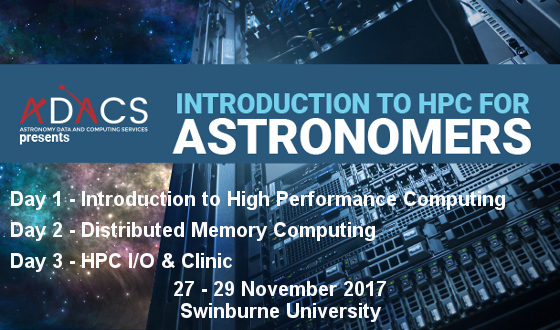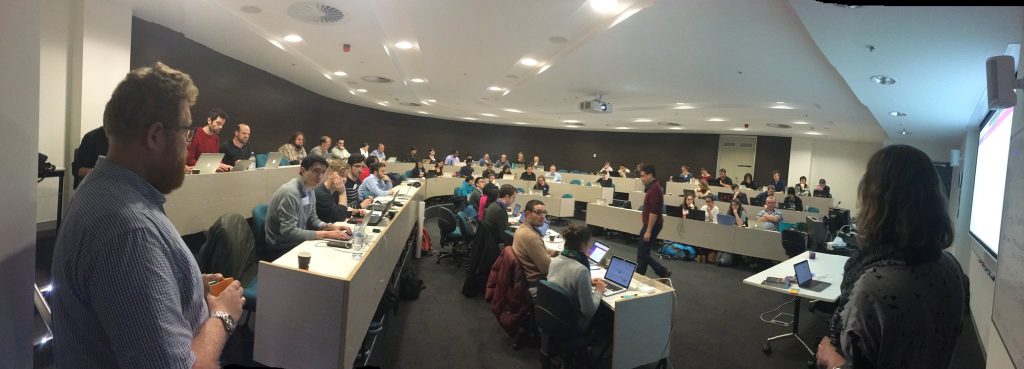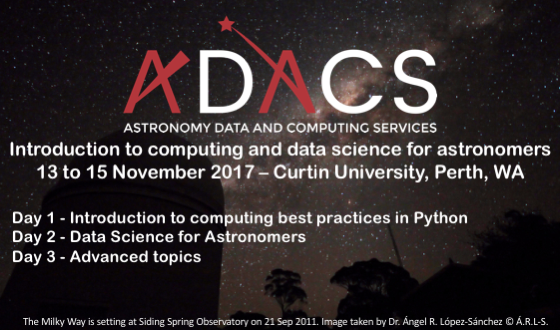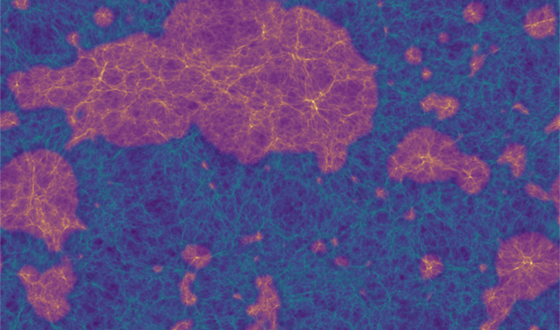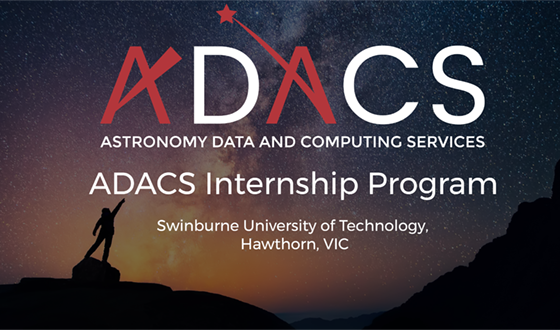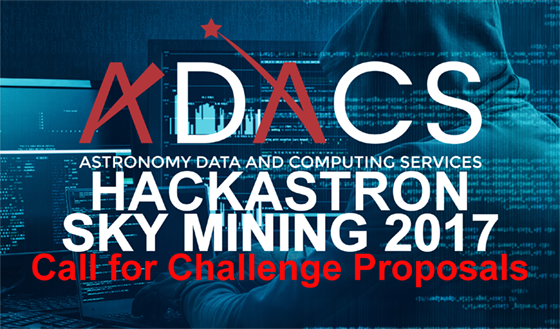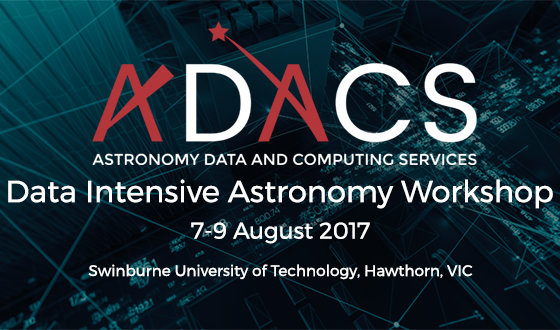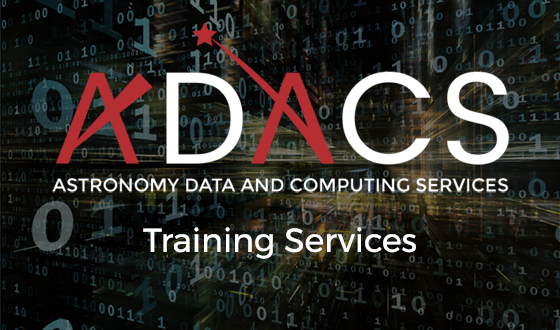Introduction to High Performance Computing (HPC) for Astronomers
The course is aimed at postgraduate students and researchers who want to learn more about high-performance computing.
No previous knowledge is assumed and you can register for some or all of the sessions. However, please be aware that the different sessions follow on from each other.
Introduction to Machine Learning Workshop
Introduction to computing and data science for astronomers
This 3-day workshop is aimed at postgraduate students and ECRs who might not have had formal computational training and would like to get up to speed. Practical examples in the workshop are taken from observational astronomy, however, participation is open to all Australian astronomers.
Speeding-up Reionization with GPUs
Using software support resources acquired under the 2017B semester of the ADACS Software Support scheme, Dr. Simon Mutch of the University of Melbourne has partnered with ADACS in the effort to supply accurate theoretical models capable of predicting the progression of this transition, and of interpreting these exciting observations once they become available.
ADACS Internship Program – Call for Applications
Astronomy Data and Computing Services (ADACS) is an initiative by…
Challenge Proposals: ADACS Hackastron, Sky Mining – Perth 3-5 November 2017
ADACS Hackastron is public hackathon taking place from 3rd –…
ADACS Data Intensive Astronomy Workshop – Melbourne 7-9 August 2017
The first two days of the program will include invited talks, contributed talks and BOF sessions. The aim is to encourage communication between software experts and astronomers to meet the big-data challenges in Astronomy. The last day will focus on the All-Sky Virtual Observatory (ASVO) project and the eScience gateways.
ADACS Training – Community Survey
To gauge the interest and training requirements of the Australian astronomy community, we are asking you to fill in a short survey.
The survey will take less than five minutes, and your input will help us prioritise which workshops and tutorials to prepare first. The survey responses are collected anonymously, and results will be reported in an aggregated format. You can access the survey via https://curtin.au1.qualtrics.com/jfe/form/SV_3fIrJRM6yXYBClv
ASTAC – Call for proposals Q3-Q4 2017
ASTAC has issued a call for proposals for the use of the following resources from 1st July 2017 to 31st December 2017 (i.e. Quarters 3-4, 2017):
NCI Astronomy Flagship Program: up to 1,000 kSUs
gSTAR and swinSTAR: up to 1,700 kSUs
Pawsey ATHENA: Up to 5,000 kSUs

